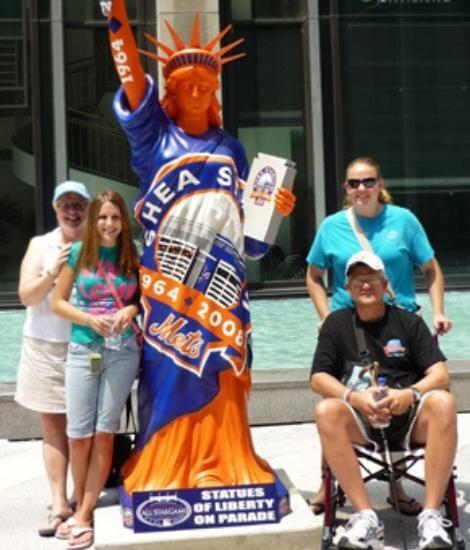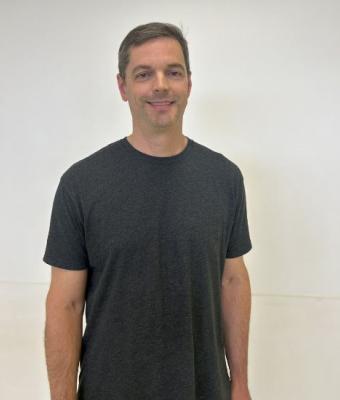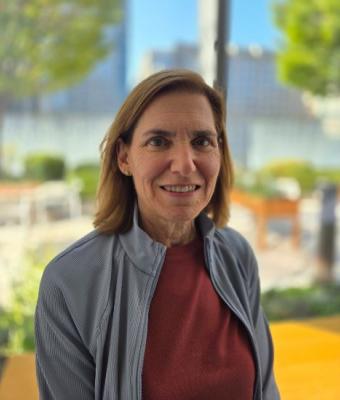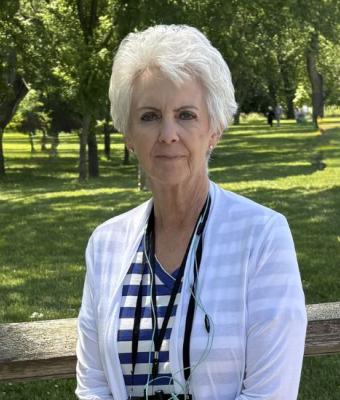My PD Story

Phil Sorgel
I was first diagnosed with Parkinson’s in 2006 at the age of 44. At the time, I had several undiagnosed health issues, but was somehow able to “power through” it all to a keep alive a rapidly rising career—and no matter what I said, career is really what was most important to me.
I don’t mean to minimize my family, but when I got the diagnosis of Parkinson’s, I had to look myself in the mirror and answer one key question: “What was really the most important thing in my life?” I came to find out that my heavy focus on “career” had been way off target—what was most important was “family” and “relationships.” I went into a period of reassessing all aspects of my life to refocus on these key areas of my life.
I had to take disability retirement from my career toward the end of 2006, given my growing inability to multi-task, make decisions, attend meetings without getting up every five minutes to stretch or relieve my painful spasms, and basically just not being able to do all that was required of me. THAT was a very tough decision for someone with my focus at the time.
But once I looked myself in the mirror, and put my career on the back burner, I decided to focus on my family, friends, health, and hobbies. In 2008, we went on a long awaited vacation to New York City (see picture—I am the one male in the picture, and my wife Renee and daughters Alyssa (17) and Niki (14) represent the rest of my family). It was a great, albeit active and tiring, vacation.
And as of 2009, I took the next step of my journey with Parkinson’s by undertaking Deep Brain Stimulation Surgery. It was a tough decision to make, but I really had no choice—the amount of medication I had to take to control my symptoms was getting higher than my doctors were comfortable with.
Bottom line, the surgery was successful, and my first programming session (which is all I have had as of the time of this note) was very successful as well. The procedure has allowed me to virtually eliminate my tremor, and greatly reduce my muscle rigidity. And who was there to support me through this part of my journey—family and friends, the most important part of my life.
The key things I would tell anyone with Parkinson’s are as follows:
- Try to find the “gift” hidden in the fact you have this horrible disease—for me, it was a refocusing of my life on what was most important
- Understand that Parkinson’s is not a “death sentence”, even though it is chronically progressive—there are lots of things to accomplish on your journey, and the symptoms and problems of Parkinson’s are just things to manage through
- Parkinson’s is in fact a “journey”—a path you start down with your initial diagnosis, but one that continues as you evaluate the various alternatives available to you, and one that further continues based on the decisions you make….. “decisions YOU make”…… the disease doesn’t have to make your decisions for you.
Related Materials
Pain in Parkinson's Disease
Occupational Therapy and PD
Managing "Off" Time in Parkinson's
More Stories
from the Parkinson's community


